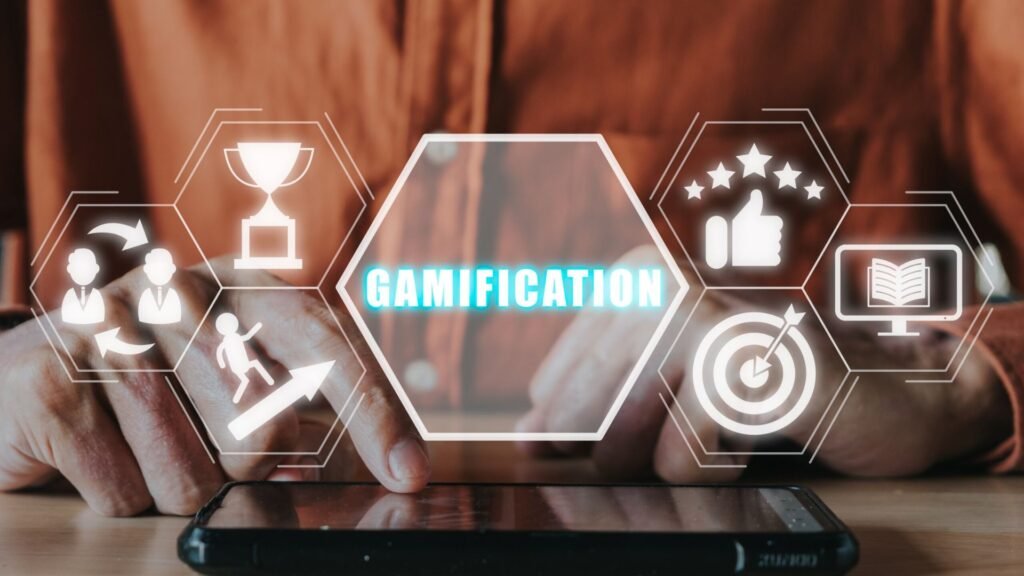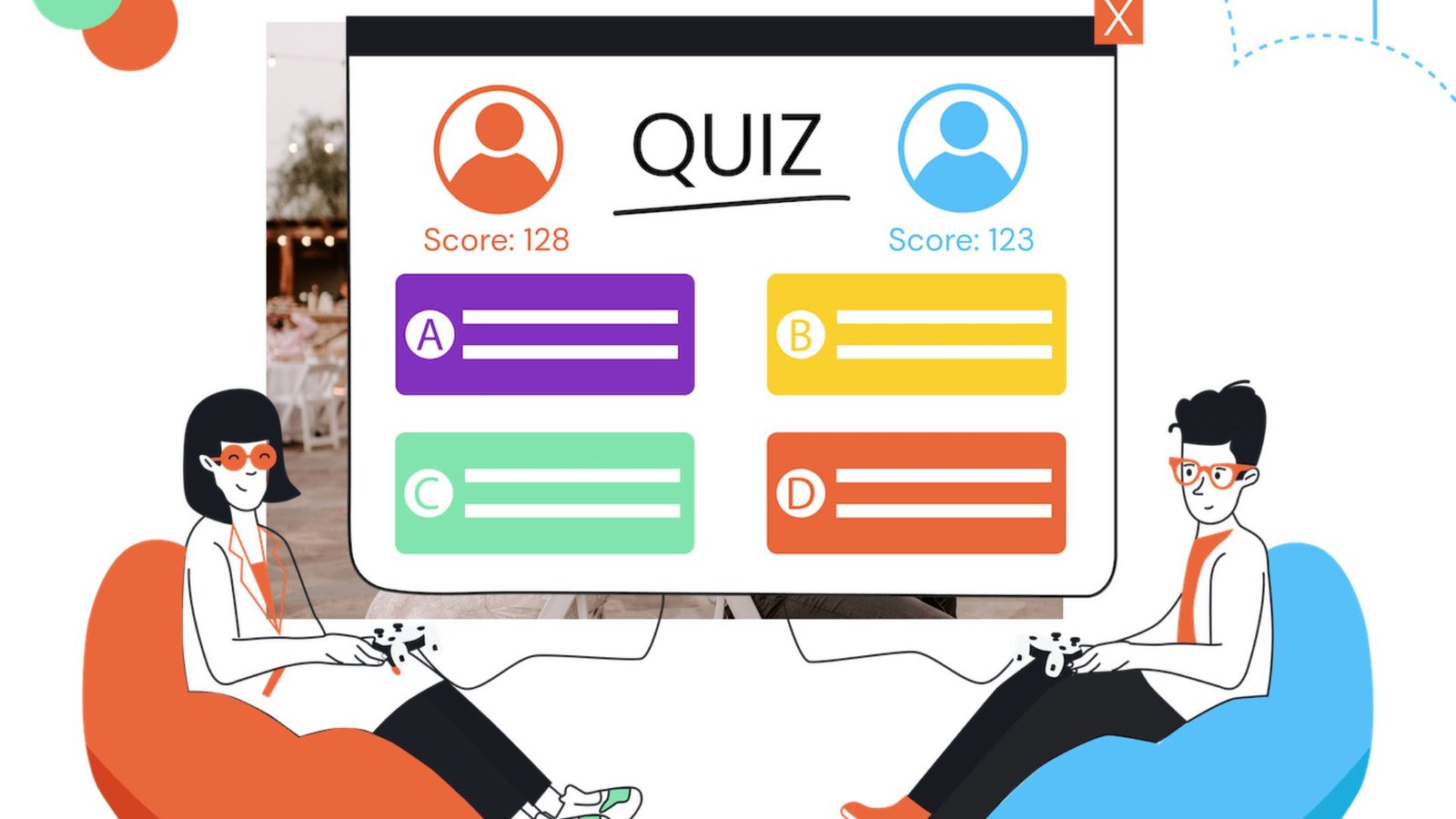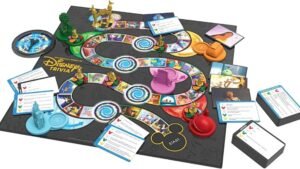Gamification, the integration of game-like elements into non-game contexts, has revolutionized how quizzes are designed and experienced. By adding elements like points, levels, rewards, and competition, quizzes become more engaging and motivating. This transformation has not only increased quiz popularity but also made them a powerful tool for learning, skill development, and entertainment. In this article, we’ll explore the role of gamification in quizzes, how it contributes to their popularity, and why it’s so effective in driving engagement and improving learning outcomes.

Gamification Enhances User Engagement
Turning Learning Into a Game
Gamification makes quizzes more interactive and fun by introducing competitive elements that mirror the dynamics of playing a game. Features like points, badges, and leaderboards turn a standard quiz into an exciting challenge. Instead of simply answering questions, participants now have the incentive to perform better and strive for rewards.
For example, users might earn points for correct answers, level up after a series of correct responses, or unlock new, more difficult questions. This dynamic encourages players to continue taking the quiz to beat their previous scores or rank higher, turning a traditional quiz into a goal-oriented activity.
Increasing Motivation with Rewards
The introduction of rewards is another key aspect of gamification. By offering virtual prizes, badges, or unlockable content, quizzes appeal to a player’s desire for achievement. This creates a sense of progression, motivating users to keep engaging with the quiz. As participants work to collect more rewards, they are more likely to return to take additional quizzes.
This reward system taps into intrinsic motivation, making quiz-taking feel less like a chore and more like a fun, rewarding activity.
Improving Learning and Retention
Active Learning Through Competition
Gamified quizzes encourage active participation, which is crucial for effective learning. When participants are focused on achieving the highest score, they are more likely to retain information. The competitive aspect of gamification, whether against others or just one’s own previous performance, can lead to deeper cognitive engagement with the content.
For example, trivia quizzes where participants earn points for each correct answer or advance through levels based on performance lead to greater investment in learning the material. This active engagement increases retention because the learner is emotionally invested in the outcome.
Instant Feedback to Improve Learning
Another advantage of gamifying quizzes is the ability to provide instant feedback, a critical aspect of the learning process. In traditional quizzes, feedback might only be given after the quiz is completed, but gamified quizzes often provide immediate responses after each question, allowing learners to correct mistakes on the spot. This instant feedback loop supports better learning and quicker understanding of concepts.
For instance, if a user answers a question incorrectly in a gamified quiz, the system may explain why the answer was wrong and offer hints or links to review materials, helping them grasp the content more thoroughly.
Creating a Sense of Achievement and Progression
Levels and Achievements
One of the most popular gamification features in quizzes is the progression system. By introducing levels, users get a sense of advancement as they move from one stage to the next. This progression fosters a sense of accomplishment, as participants can see their growth over time.
For example, in a language-learning quiz, users might start at a beginner level and progress through various intermediate levels, eventually reaching an expert level. With each completed level, they receive a sense of achievement, motivating them to continue and complete more challenging questions.
Conclusion
Gamification has transformed the world of quizzes by making them more engaging, motivating, and effective for learning. By adding game-like elements such as points, levels, rewards, and social features, quizzes are no longer just assessments—they have become fun, interactive experiences that appeal to a broad range of people.



